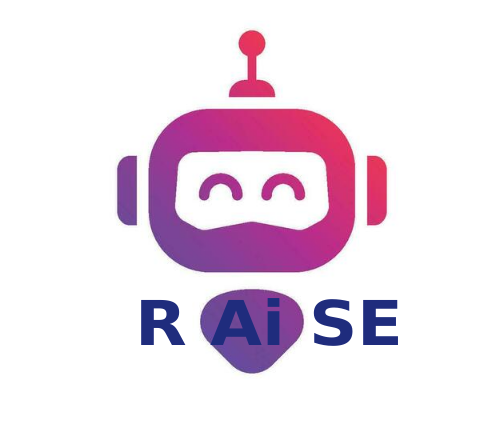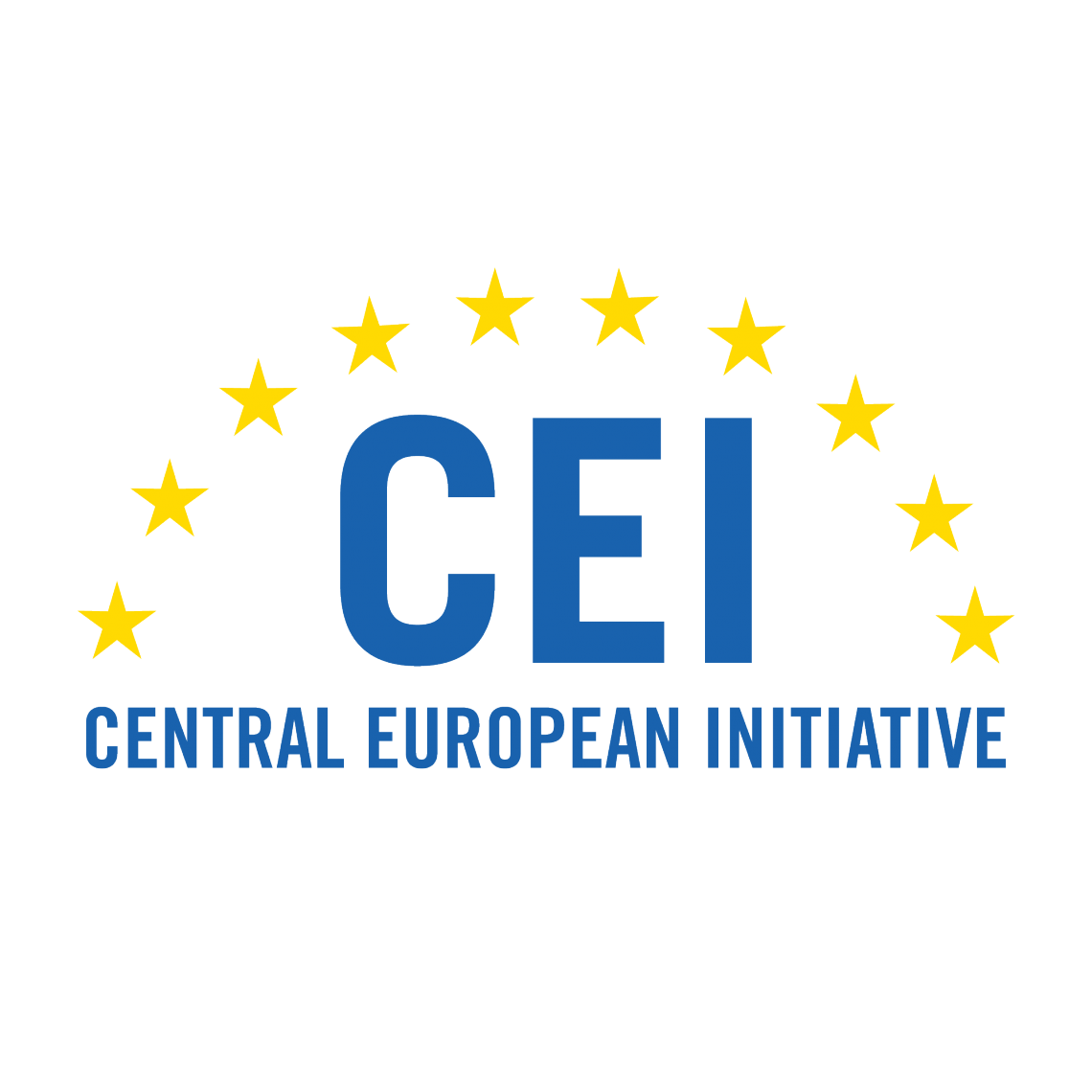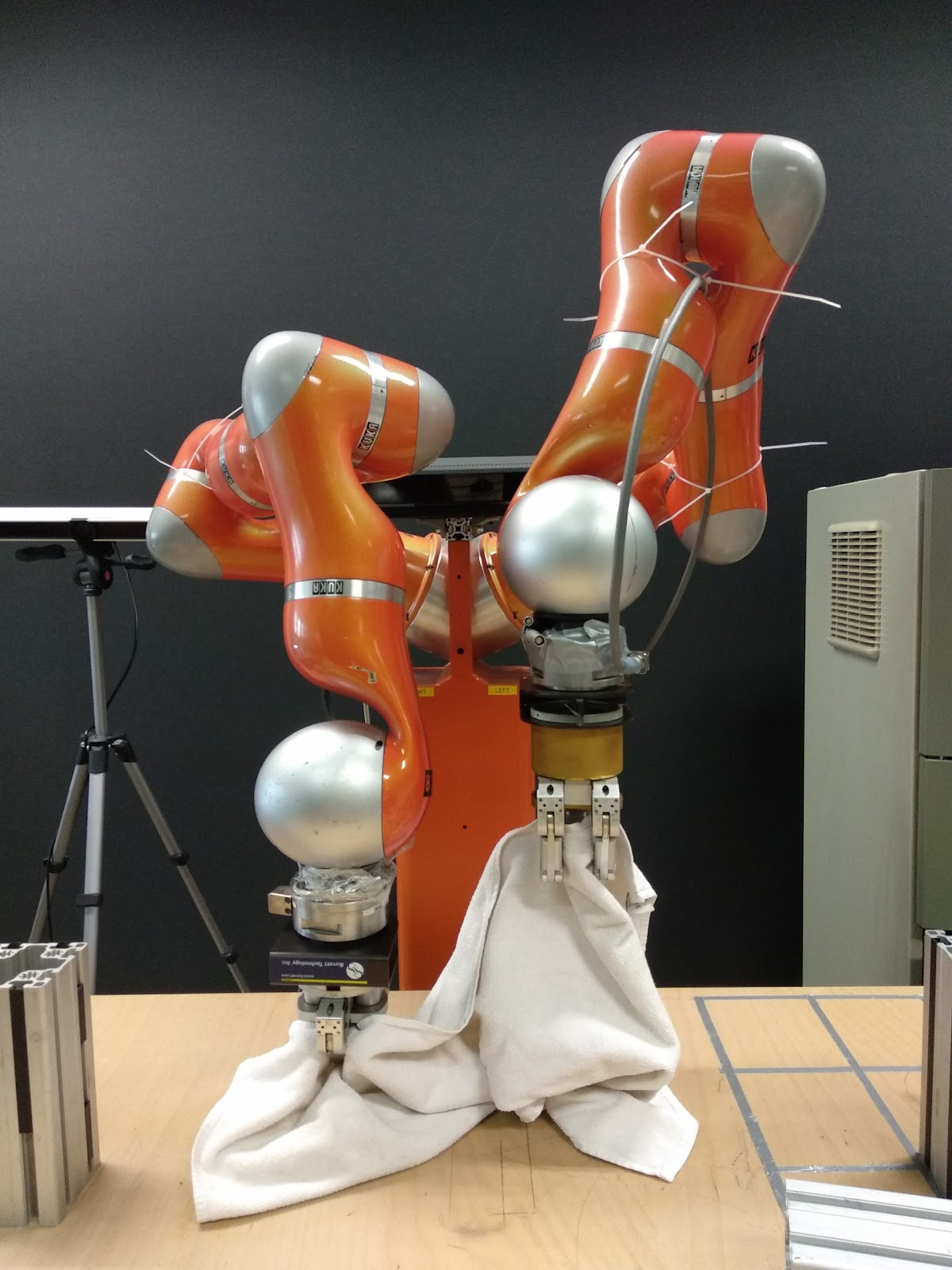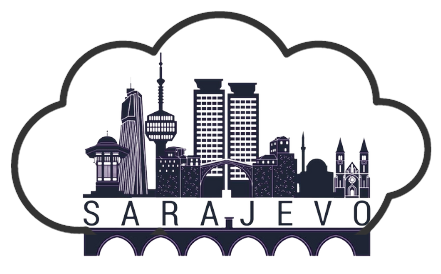Projects

RAiSE—Robotics, AI, and Computer Science for Engineering
RAiSE—Robotics, AI, and Computer Science for Engineering is a CEEPUS network that connects education, science, and industry partners in Central and South-Eastern Europe to enhance teaching, research, and innovation in robotics, AI, and engineering. The network fosters interdisciplinary collaboration to tackle regional and global challenges, focusing on integrating AI and robotic solutions into real-world applications.

CEI TRUE BLUE (2024-2025)
The project TRUE BLUE aims to further science diplomacy through capacity building activities to transfer knowledge to
Bosnia and Herzegovina, Montenegro, and Albania to support their advancement towards EU integration, promoting regional
cooperation. The actions of the project respond to the common and specific needs of these countries in terms of know-how
transfer on sustainable blue economy, a field in which Italy, Croatia and Slovenia demonstrate strong-rooted experience.
CEI support to Training and Research to Unlock and Enhance the potential of sustainable BLUE Economy for regional
cooperation and EU integration - TRUE BLUE (2023-2025) funded by Central European
Initiative, Know-how Exchange Programme (KEP).

AUPFMAT Automated Planning in Fabric Manipulation Tasks
This project focuses on advancing textile and fabric manipulation in robotics, addressing challenges in deformable material handling for automation in industrial and domestic settings. The project aims to tackle the complexities of fabric dynamics and knowledge representation by leveraging deep learning and AI-based task planning. The goal is to develop a planner that determines the optimal sequence of robotic actions for fabric folding, bridging the gap in automation for material handling. The project aligns with the ARRS J2-4457 initiative, fostering collaboration between the Jožef Stefan Institute and the University of Sarajevo. The project is financed through co-funding for scientific and technological cooperation between Bosnia and Herzegovina and the Republic of Slovenia for the period 2024-2025. This is based on the Agreement between the Council of Ministers of Bosnia and Herzegovina and the Government of the Republic of Slovenia in the fields of culture, education, and science.

AQIPrediction: Smart Air Quality Forecasting
Development of a System for Predicting Air Quality and Pollution Using Machine Learning Techniques. This project aims to develop a machine learning-based system for predicting air pollution levels, addressing one of the most pressing environmental health risks. The system will use historical air quality data, real-time pollution measurements, and meteorological inputs to generate accurate air quality forecasts. By predicting when and where air quality will likely deteriorate, the system will enable local authorities to implement timely preventive measures, reducing health risks for the population. Additionally, the project includes a public alert mechanism to inform individuals about potential dangers, empowering them to make informed decisions to protect their health and well-being. The project received funding through the Public Call for Funding/Co-Funding of Programs and Projects in the Field of Science of Significance to the Federation of Bosnia and Herzegovina in 2023.